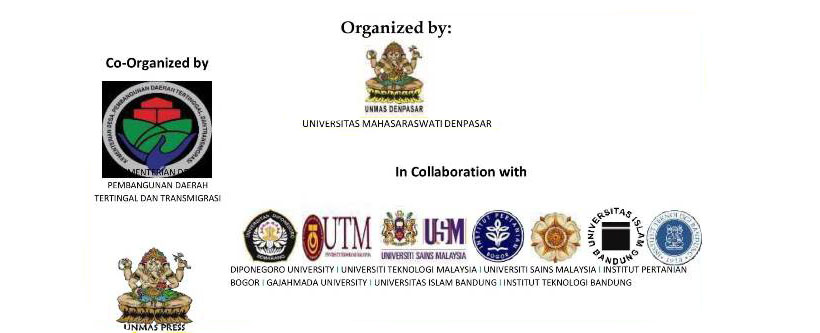ENHANCING COLLABORATION IN RURAL COMMUNITY ACTIVITIES TOWARD MITIGATION OF HUMAN-WILDLIFE CONFLICT
Keywords:
Human-wildlife conflict ; Collaboration ; Rural community ; Sustainability ; JapanAbstract
Human-wildlife conflict (HWC) is recognized as one of the most critical threats facing rural communities globally. In Japan, for mitigating conflict with wildlife, mainly wild deer, boar, and monkeys, community-based collaborative activity is indispensable. The government provides various support projects for enhancing these activities. This study showed the contents and status of administrative support projects implemented in Koka city, a reason that is advanced in wildlife management. Using national census data and the data collected by a questionnaire survey in 2015, the statistical relationship between implementation and HWC status and geographical, agricultural, and social characteristics of rural communities. In study area, 71 communities (75.5%) experienced implementation by June 2015. These implemented projects can be classified into three tangible projects, financial support for set up and maintenance of fences and buffer zones, and four intangible projects, the lectures or training from acquisition of knowledge to building consensus and decision making among community members. The result of logistic regression analysis showed that forest edge distance most affects implementation of tangible and intangible projects. In addition, communities with a high rate of self-consuming farmers and large areas of cultivated land were likely to implement tangible projects. Comparing HWC status among implementation and non-implementation communities, significant differences were found in the number of hunters and severity of conflict with wild boar. In particular, communities that implement intangible projects were likely to suffer serious damage with wild monkeys. This study discussed the implications for enhancing community-based collaborative activities and creating a more favorable co-existence between humans and wildlife.


